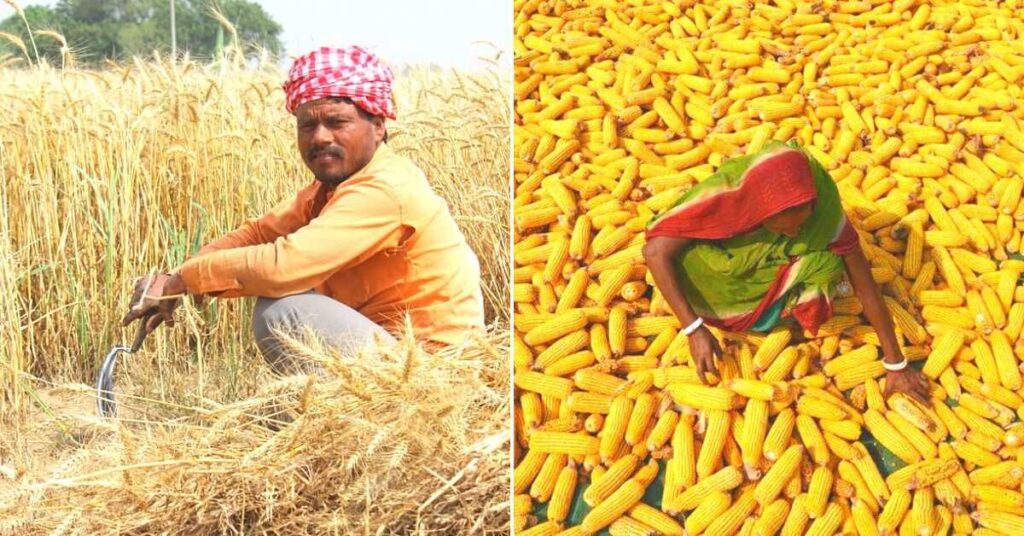Ever wondered why farmers commit suicides even after growing a large number of foodgrains?
Byline by – Vinayak Heliwal

Today marks the 21st day of the ongoing farmer protest. Farmers groups from Punjab, Haryana, and Uttar Pradesh continue to protest against the three new farm bills, as they fear that the new laws will leave them at the mercy of the large corporations.
But even if the government were to cancel these new laws there were major problems faced by India’s farmers which are unlikely to be solved if the laws are scrapped without proper deliberation.
In India farmers are not given adequate compensation for the farm produce with the result that farmers conditions in the country are deteriorating which ultimately results in their suicides and farmer unrests.
From vegetable growers to coffee planters, from Apple growers to rice farmers the experience has been that middleman, retailers, exporters have added value to the product by processing and marketing them and have earned windfall profits whereas the farmers have always been left in the lurch.
If we talk about food commodity like sugar cane, for every tonne of cane sold at nearly Rs 2 lakhs, farmers receive just 2500. The prices are monopolized either by the middle man or by the retailers adding the value of the commodity.
The price of cauliflower in eastern India for example has not changed in 40 years though input prices have increased. The farmers still sell 100 cauliflowers for prices ranging from Rs 20 to Rs 30 to the wholesaler. The retail price of each cauliflower would however vary between Rs 30 and Rs 50.
Retailers and middleman run away with huge margins while neither consumers nor farmers get the benefit.
The three laws introduced by the Government, on paper at least, seem well-intentioned. The Farmers’ Produce Trade and Commerce (Promotion and Facilitation) Bill, 2020 – allows farmers to bypass the Agricultural Produce Market Committee (APMC) and sell the products directly to a big company, warehouses, cold storage chains, or even set up shop to sell directly to consumers.
The new laws facilitate the entry of retailers and exporters in the market and the Government would like to withdraw from procuring the food grains and handover the Food Corporations of India to these private corporates. While it makes sense from the Government’s point of view, but the implications of such a move are by no means certain In the long run.
Creating a Pan India open market, the authorities contend that it will encourage competition and ensure higher prices for the farmers. But so far, the Government has done nothing to guarantee a fixed minimum support price, which is why the protest has continued.
